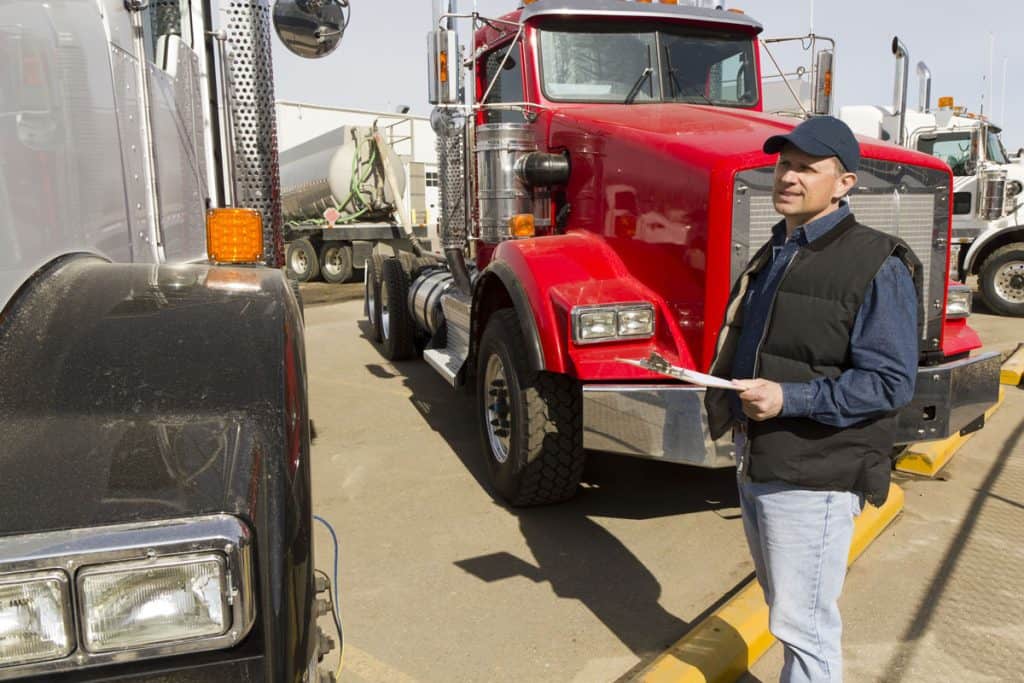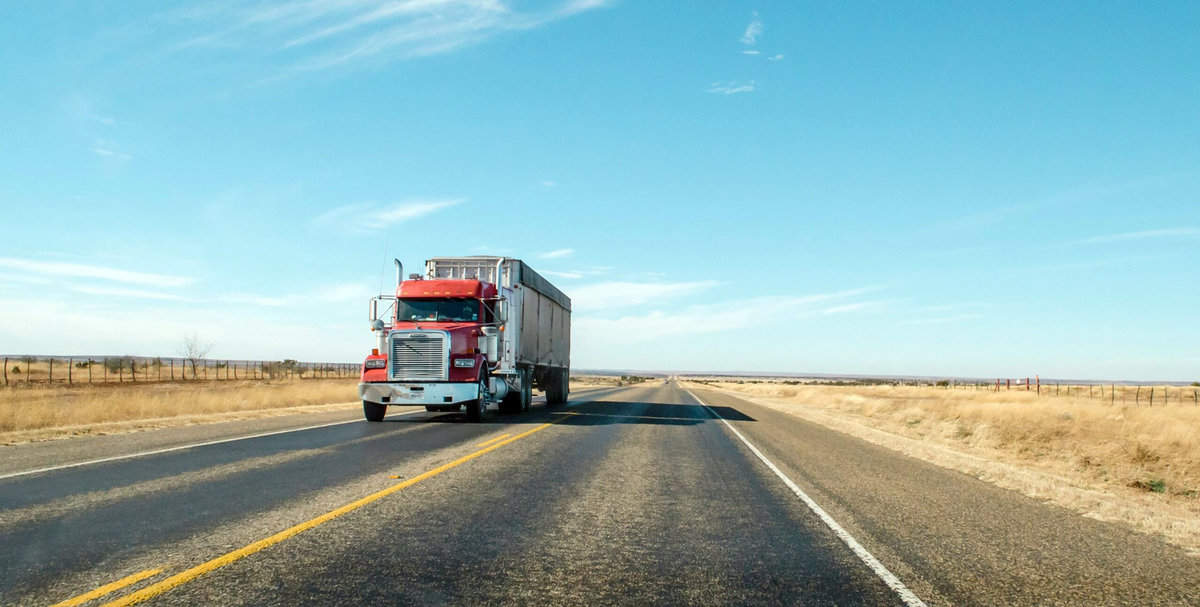Top 10 Commercial Truck Insurance Carriers
Businesses that rely on trucks to transport goods need to have the right insurance coverage. Commercial truck insurance provides coverage for property damage, bodily injury, and cargo damage. It also covers the driver’s medical expenses, lost wages, and legal fees in case of an accident. With so many coverage options available, it can be challenging to determine which insurance company is the best fit for your business.
However, finding the right commercial truck insurance can be challenging, with so many options available in the market.
This guide aims to help businesses by providing a list of the top 10 commercial truck insurance companies in 2023.
Our list includes companies that offer comprehensive coverage, low-cost options, and excellent customer service. By providing this information, you can make an informed decision when choosing a trucking insurance provider.
Top 10 Commercial Trucking Insurance Companies

With so many insurance providers in the market, it can be difficult to determine which one is the best fit for your specific needs. This section will discuss our best overall rated commercial truck insurance companies in 2023.
When choosing a commercial truck insurance provider, it’s important to consider your specific needs and budget. The carriers listed above are all reputable providers that offer a range of coverage options.
How To Choose The Right Carrier?
Learn The Different Coverage Types for Transportation Businesses
Commercial truck insurance is essential for any business that utilizes commercial trucks for their operations. Different types of commercial trucks require different types of insurance coverage. It is important to understand the different types of coverage available to ensure that your business is protected in the event of an accident or other unforeseen circumstances.
Box Trucks
Box trucks are commonly used for the transportation of goods. These trucks are typically smaller than tractor-trailers and can be driven with a regular driver’s license. Box truck insurance typically covers liability, physical damage, and cargo coverage.
Dump Trucks
Dump trucks are used for transporting loose material such as sand, gravel, or dirt. Dump truck insurance typically covers liability, physical damage, and cargo coverage. In addition, dump trucks may require additional coverage for the dumping mechanism.
Tow Trucks
Tow trucks are used for towing vehicles that have broken down or been involved in an accident. Tow truck insurance typically covers liability, physical damage, and cargo coverage. In addition, tow trucks may require additional coverage for the towing mechanism.
Garbage Trucks
Garbage trucks are used for the collection and transportation of garbage. Garbage truck insurance typically covers liability, physical damage, and cargo coverage. In addition, garbage trucks may require additional coverage for the specialized equipment used for garbage collection.
Tractor-Trailers
Tractor-trailers are used for the transportation of goods over long distances. Tractor-trailer insurance typically covers liability, physical damage, and cargo coverage. In addition, tractor-trailers may require additional coverage for the trailer and specialized equipment.
Large Fleets
Large fleets require specialized insurance coverage to ensure that all vehicles are protected. Fleet insurance typically covers liability, physical damage, and cargo coverage for all vehicles in the fleet. In addition, fleet insurance may offer discounts for businesses with a large number of vehicles.
Brokers
Insurance brokers provide insurance coverage for businesses that utilize commercial trucks. Brokers work with multiple insurance companies to find the best coverage for their clients. Brokers typically offer liability, physical damage, and cargo coverage.
In conclusion, commercial truck insurance is essential for any business that utilizes commercial trucks for their operations. Different types of commercial trucks require different types of insurance coverage. It is important to understand the different types of coverage available to ensure that your business is protected in the event of an accident or other unforeseen circumstances.


